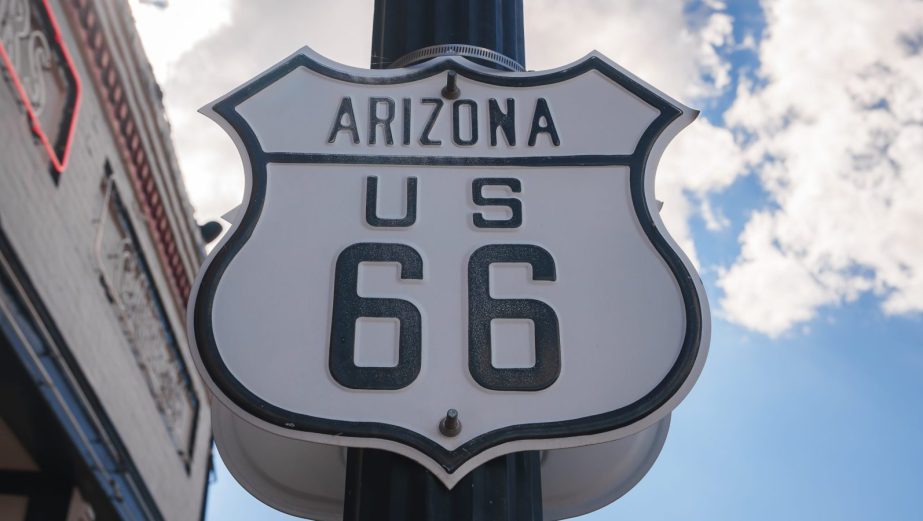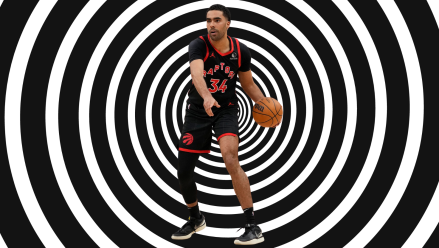With a subject line reading “Sports Event Contracts Are Wagers,” the Nevada Gaming Control Board (NGCB) late Wednesday became the latest state regulator to warn its licensees against getting involved with prediction markets. In the text of the letter, the NGCB clearly states that it considers sports event contracts, like those offered by Kalshi and other prediction markets, to be wagering “whether the contract is listed on an exchange regulated by the Commodity Futures Trading Commission (CFTC) or elsewhere.”
NGCB Chair Mike Dreitzer goes on to write that offering sports event — or certain “other” — contracts or partnering with another firm that does so will put the entity’s suitability into question. In addition, the NGCB wrote that participation in another state “without complying with the other state’s restrictions, prohibitions, or licensing regime; partners with another entity that engages in such activities; or acts in violation of a compacted tribal right, the licensee may be subject to discipline under the Gaming Control Act.”
Dreitzer defines “other event contracts” as “World Series of Poker, the Oscars, Esports, and political elections.”
Nevada-notice-to-licensees-2025-77-10-15-25-The Nevada regulator is the third to send such a letter to licensees — Ohio in August was the first, followed by Arizona last month. Pennsylvania’s regulator has not sent a letter to licensees, but on Oct. 3 sent a letter to the state’s senators and representatives asking for congressional help to preserve states’ rights to regulate gambling.
SBC News‘ Jessica Welman was first to report on the letter’s issuance.
NGCB: Sports event contracts = wagering
State and tribal regulators across the U.S. also have been fighting to keep control of gambling regulation via cease-and-desist letters and court cases. The Massachusetts attorney general, Wisconsin’s Ho-Chunk Tribe, and three California tribes have sued Kalshi, while the company has responded to cease-and-desist letters from regulators in Maryland, Nevada, and New Jersey by suing them, and most recently Ohio.
In the Kalshi-Nevada case, a federal district court judge granted an injunction request, which allows Kalshi to continue operating as the case proceeds. But last week, the same judge denied an injunction request from Crypto.com in a similar case, and that company must now cease operations in Nevada. It is very likely that Crypto.com will appeal the decision.
Wednesday’s letter from the NGCB makes it clear that the regulator will not tolerate partnerships with prediction markets, which, while federally regulated, do not have to adhere to state regulations or pay state taxes or licensing fees. Kalshi has argued that its product does not meet the legal definition of gambling, but is a financial product known as a “swap” that is regulated in a wholly different manner and by a different agency. However, the company consistently advertises its sports event markets as betting, which since the Professional and Amateur Sports Protection Act was overturned in 2018, has been in the purview of states.
“The Board considers offering sports event contracts, or certain other events contracts, as
constituting wagering activity … Offerings for Sports and Other Events Contracts may be conducted in Nevada only if the offering entity possesses a nonrestricted gaming license with sports pool approval in Nevada and meets the other requirements for sports wagering including, without limitation, wagering accounts and sports book systems,” the letter reads.
Underdog, FanDuel already involved
Among the national digital gaming entities, so far only Underdog is offering prediction markets, via a partnership with Crypto.com. Limited sports event contracts are currently listed on the Underdog app. FanDuel, which announced a partnership with CME, has plans to, though so far it says it will not offer sports event contracts. DraftKings and fantasy platform Sleeper have applied to join the National Futures Association (NFA), which could be a first step toward offering prediction markets. The process for both companies could take years.
DraftKings, FanDuel, and Underdog are not licensed to offer digital sports betting or daily fantasy contests in Nevada, and Sleeper is not licensed for daily fantasy contests. Nevada law requires in-person registration for patrons to open sports betting accounts, and DraftKings, FanDuel, and Underdog do not have retail locations in Nevada. Daily fantasy sports is not regulated in Nevada and is considered illegal gambling.
BetMGM CEO Adam Greenblatt said Tuesday during the company’s third-quarter earnings call that it would stay on the sidelines because “as the law stands today, sports predictions markets are — in essence — illegal sports betting.” Other legacy casino companies like Caesars and Penn have not addressed the subject.







